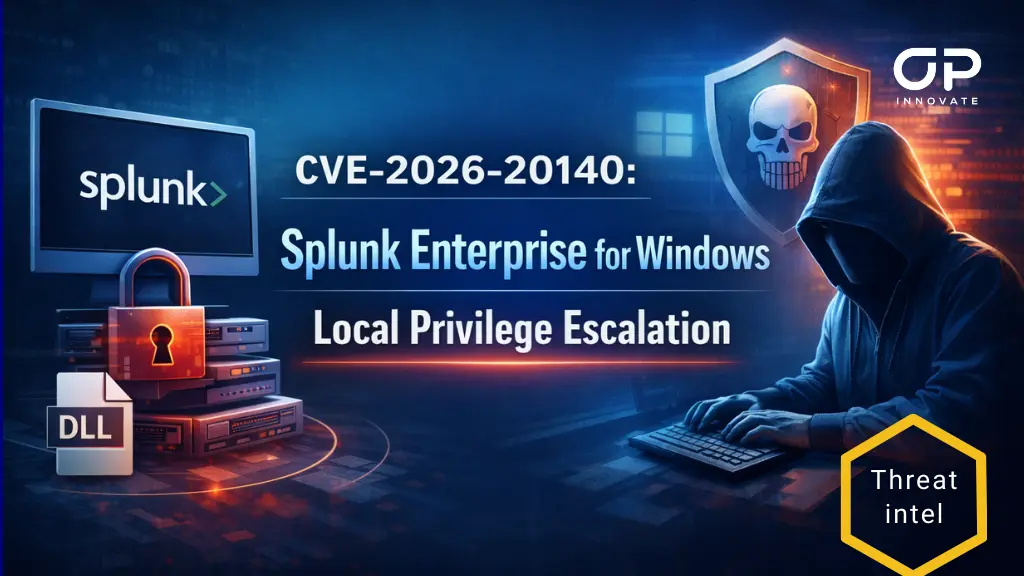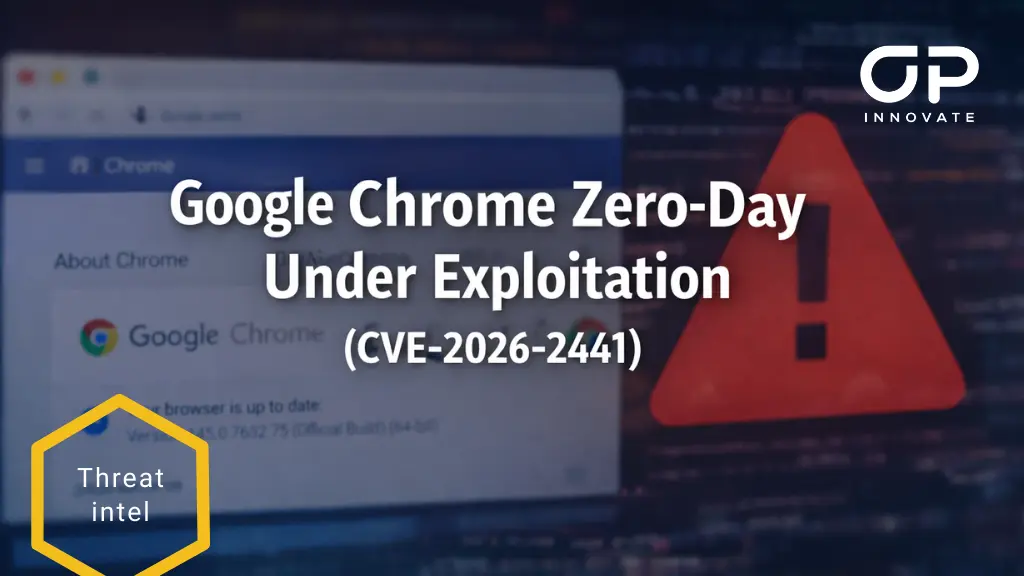A critical security vulnerability, designated as CVE-2024-20253, has been identified in several Cisco Unified Communications and Contact Center Solutions products. This flaw, rated with a CVSS score of 9.9, exposes the systems to unauthenticated, remote attackers, allowing them to execute arbitrary code on the affected devices. The vulnerability arises from improper processing of user-provided data, enabling attackers to send specially crafted messages to susceptible listening ports.
Affected Products:
The vulnerability impacts various Cisco products, notably:
- Unified Communications Manager (versions 11.5, 12.5(1), and 14)
- Unified Communications Manager IM & Presence Service (versions 11.5(1), 12.5(1), and 14)
- Unified Communications Manager Session Management Edition (versions 11.5, 12.5(1), and 14)
- Unified Contact Center Express (versions 12.0 and earlier and 12.5(1))
- Unity Connection (versions 11.5(1), 12.5(1), and 14)
- Virtualized Voice Browser (versions 12.0 and earlier, 12.5(1), and 12.5(2))
Technical Details and Impact:
CVE-2024-20253 stems from a flaw in the processing of user-provided data. A threat actor can exploit this vulnerability by sending a specially crafted message to a listening port on a susceptible device. A successful exploit could allow the attacker to execute arbitrary commands on the underlying operating system with the privileges of the web services user. Subsequently, the attacker could potentially gain root access to the affected device, leading to a complete system compromise.
Mitigation and Recommendations:
Cisco has released patches to address this critical security flaw and strongly recommends users to apply these updates promptly. For situations where immediate patching is not feasible, Cisco advises setting up access control lists (ACLs) on intermediary devices. These ACLs should be configured to separate the Cisco Unified Communications or Cisco Contact Center Solutions cluster from users and the rest of the network, allowing access only to the ports of deployed services.
The discovery of CVE-2024-20253 represents a significant security risk for organizations utilizing the affected Cisco products. Given the high CVSS score and the potential for remote, unauthorized access and control, it is crucial for organizations to take immediate action to patch affected systems or implement recommended mitigation strategies. Continuous vigilance, regular security assessments, and adherence to security best practices remain essential in safeguarding against this and similar vulnerabilities.
Stay safe and informed,
OP Innovate.









